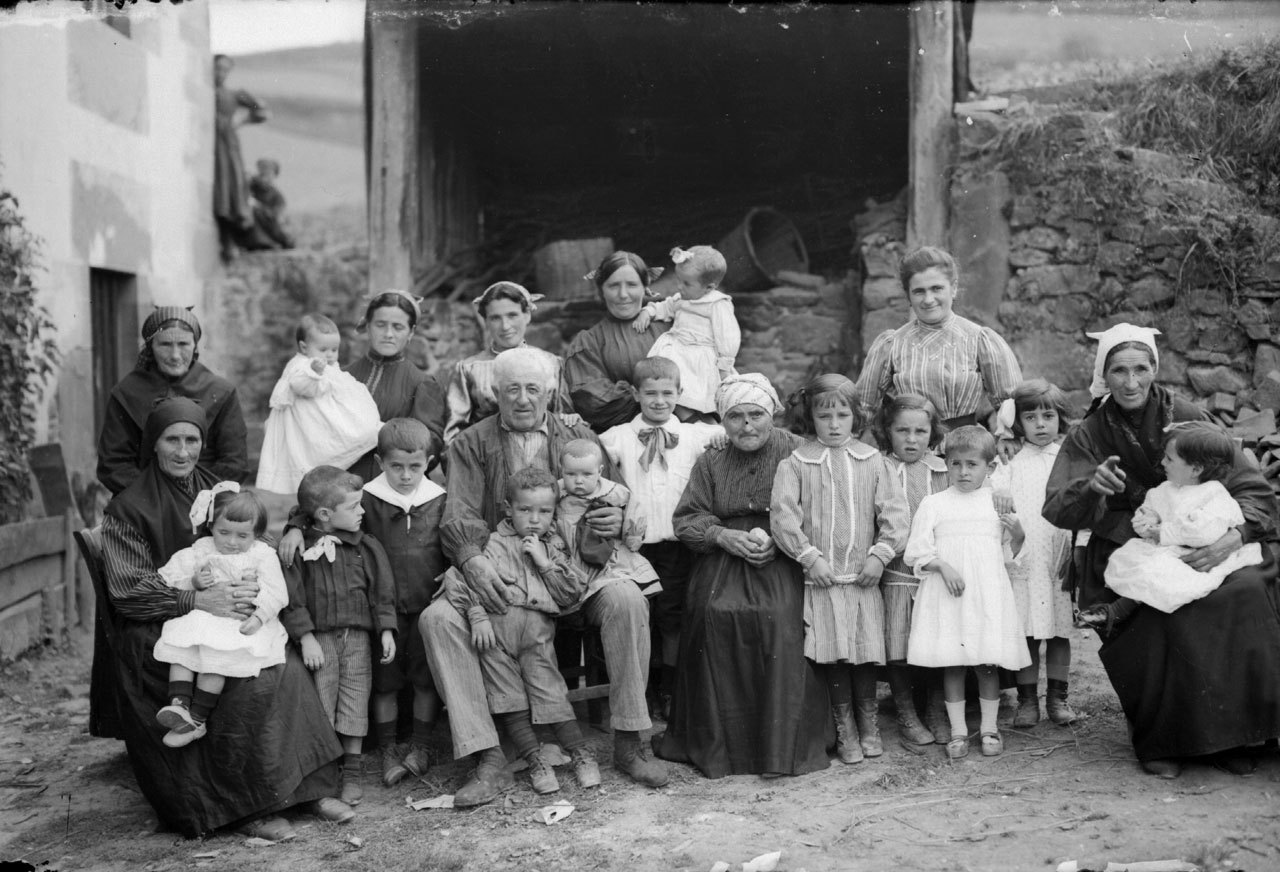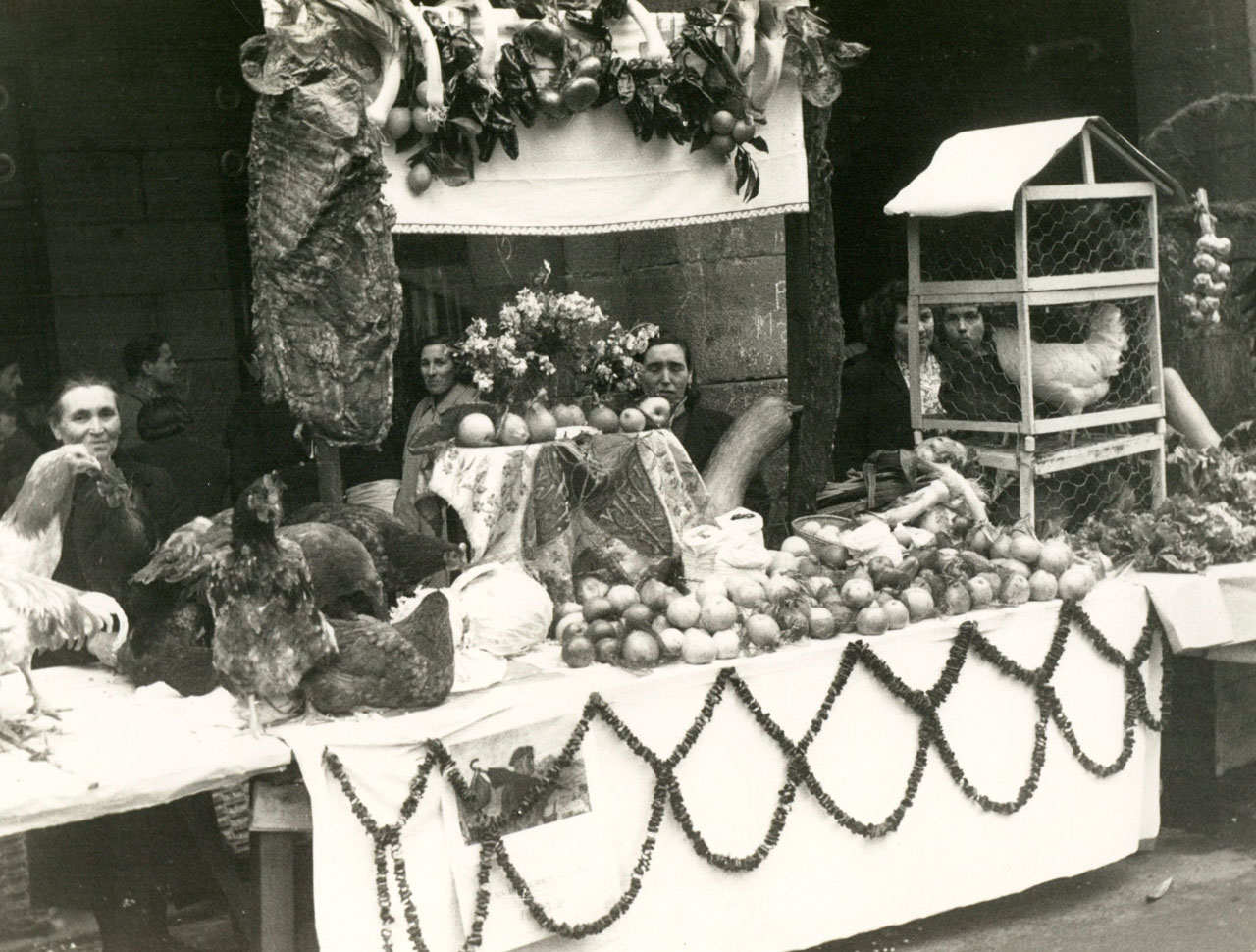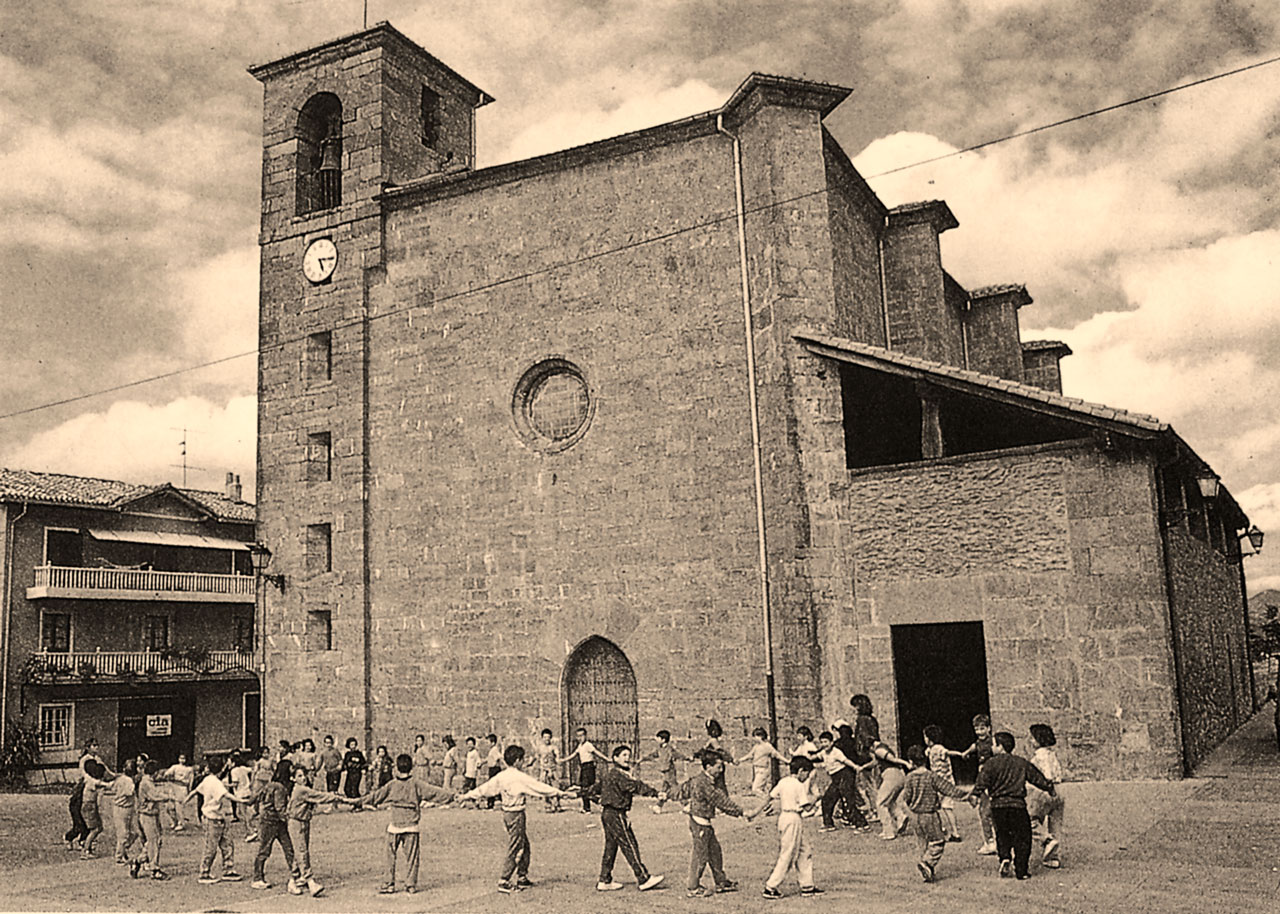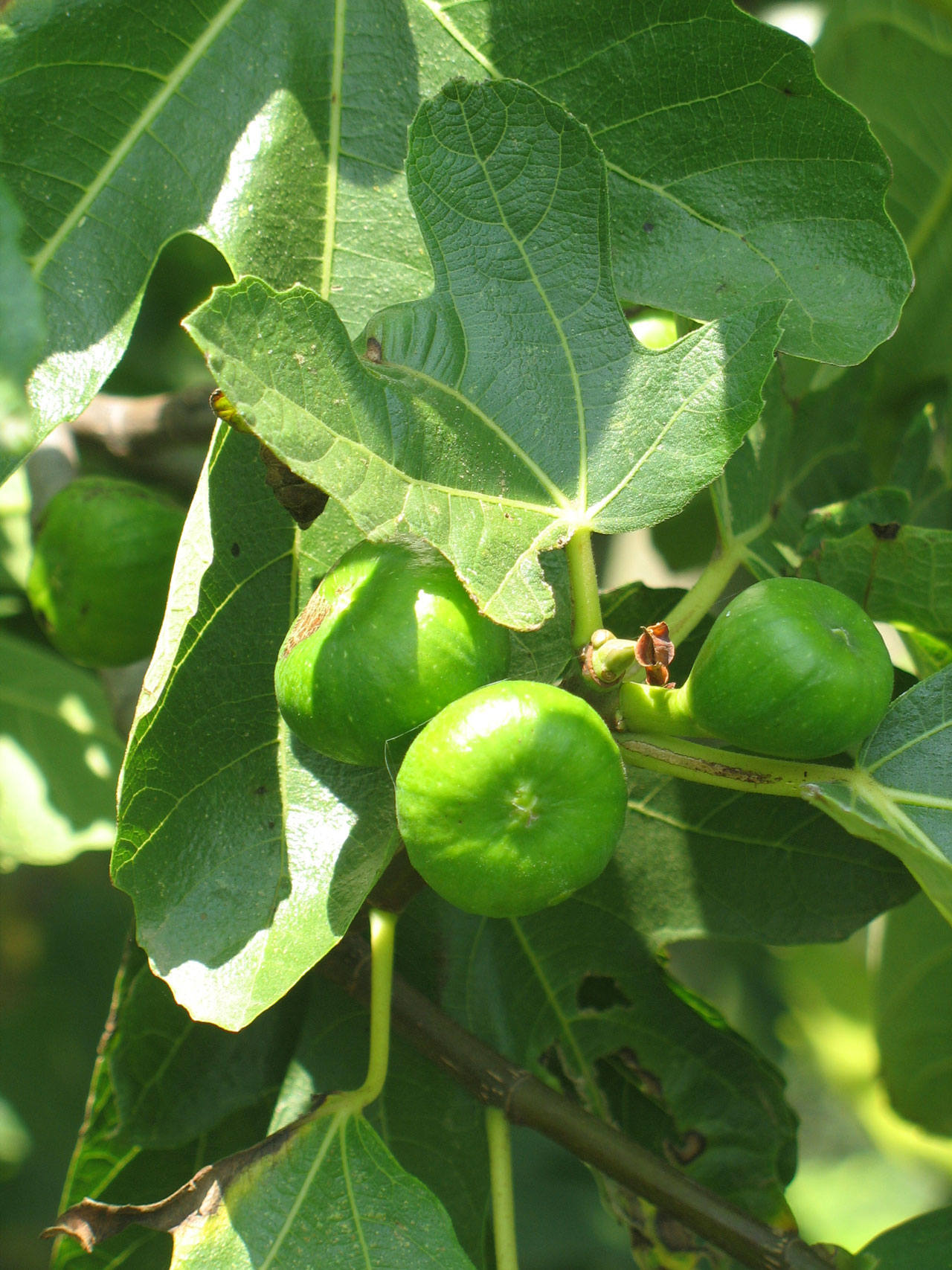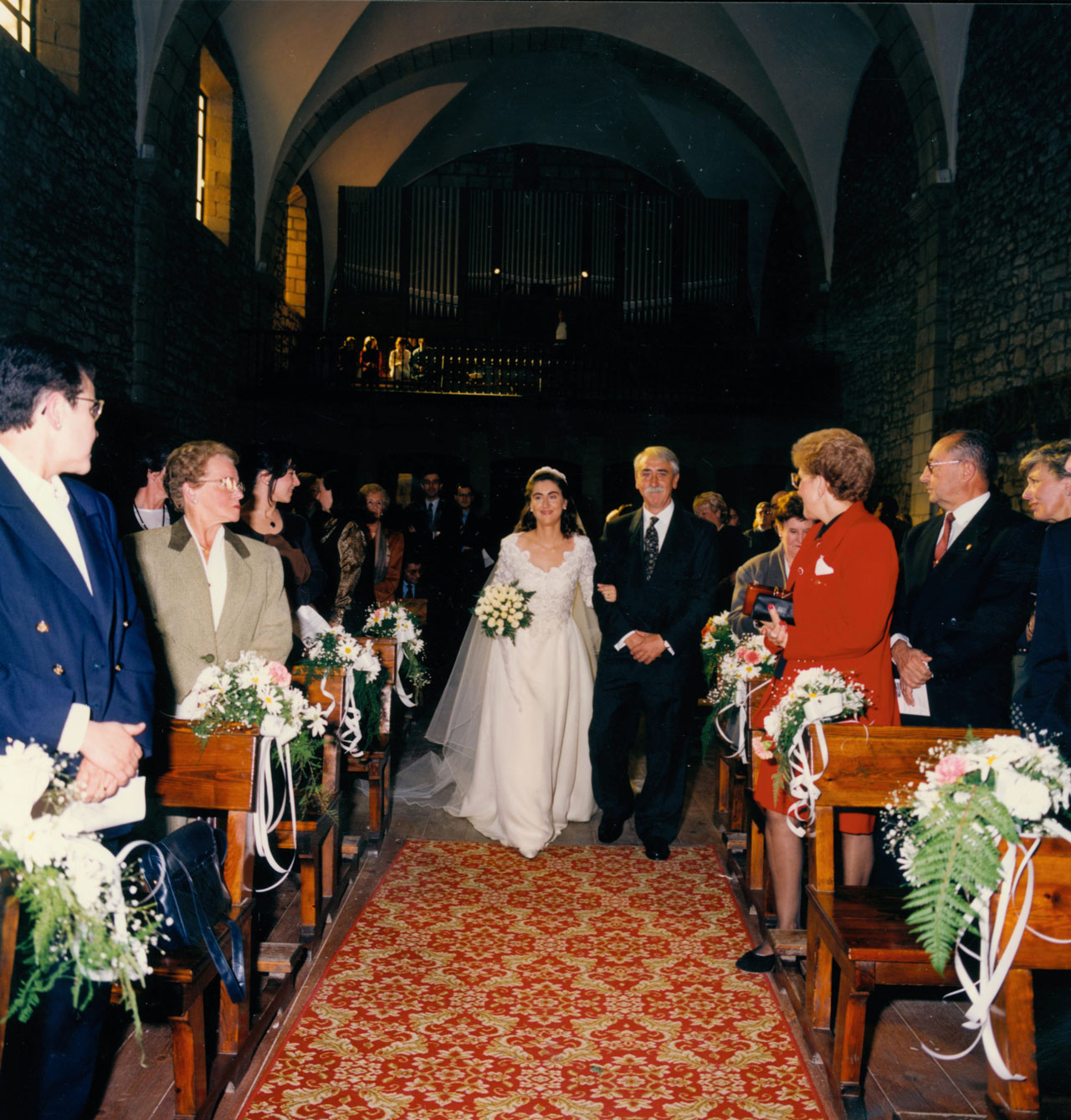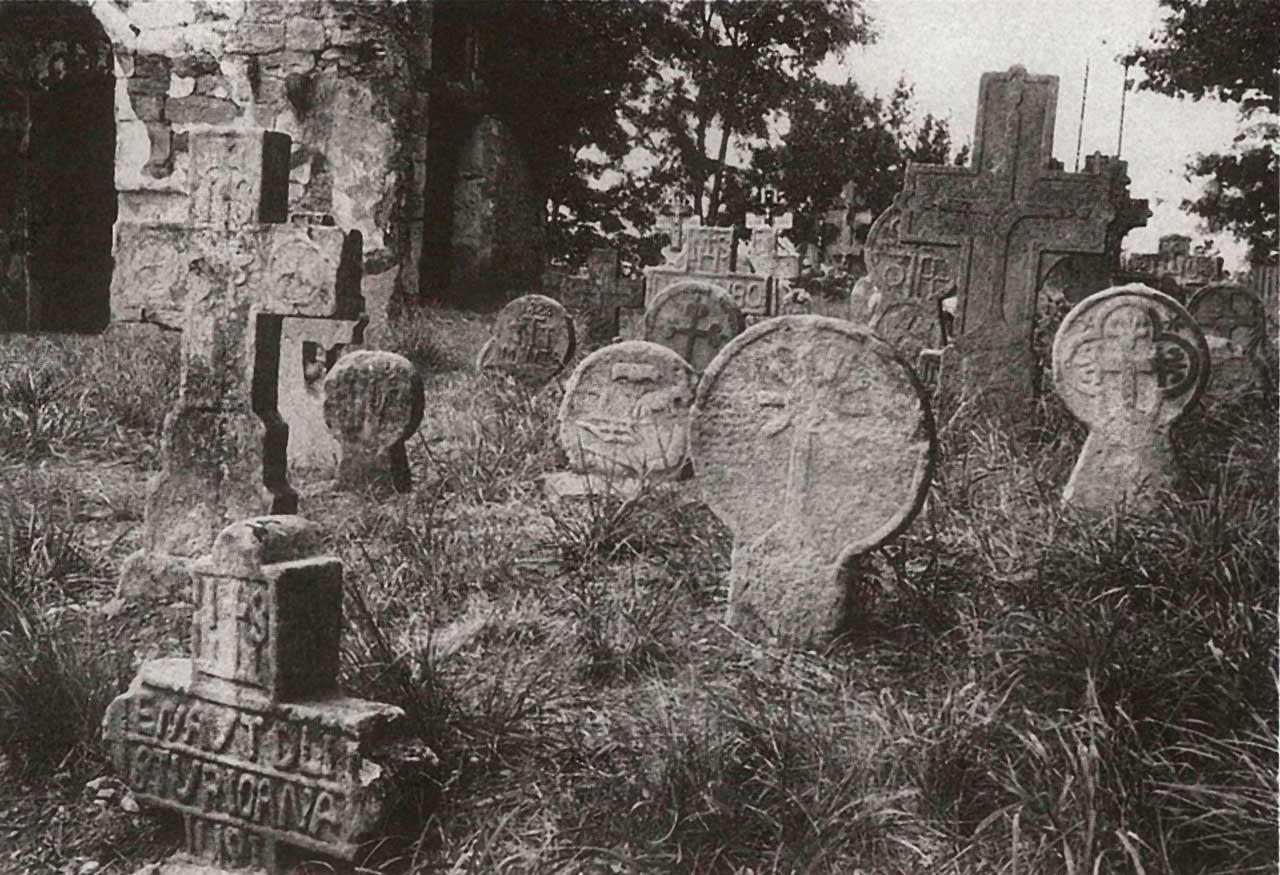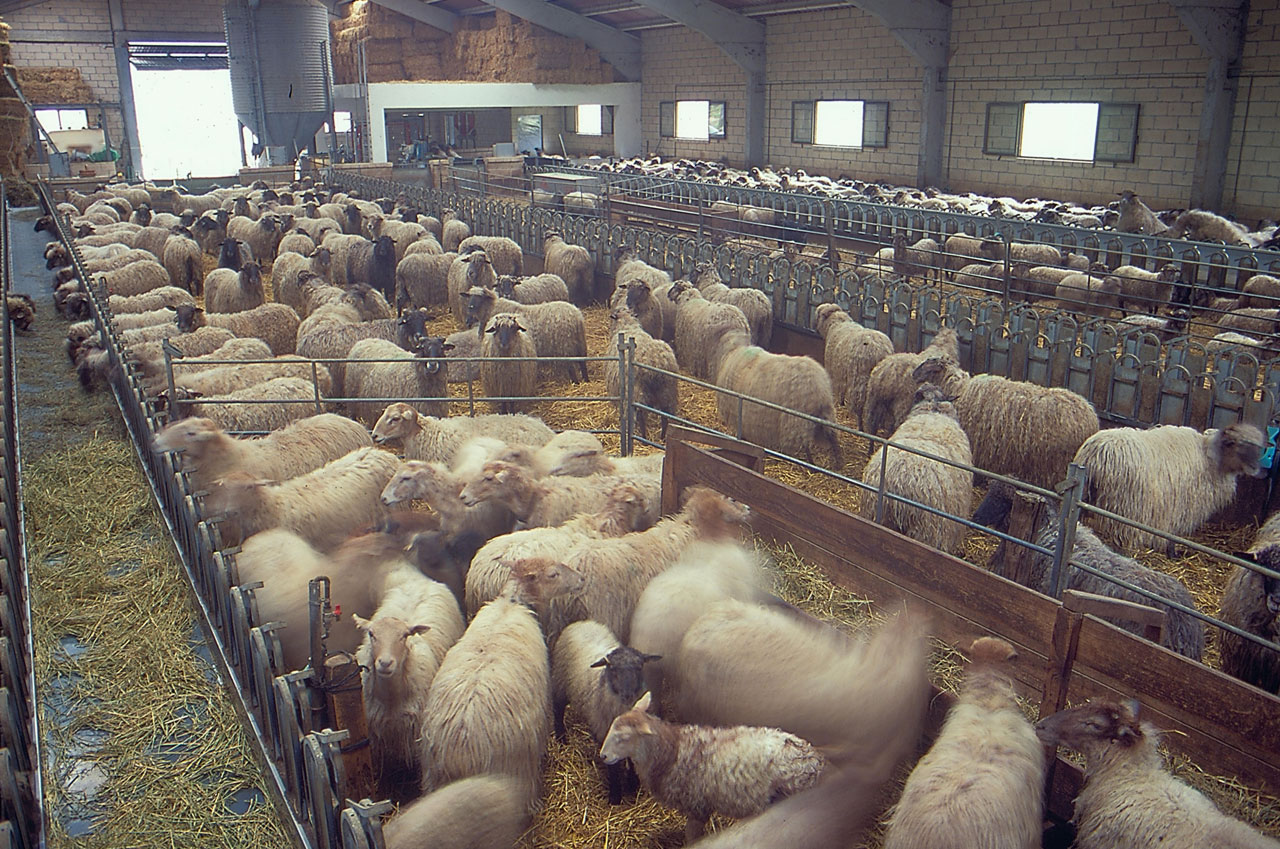Ethnographic Atlas of the Basque Country
Revisión del 13:05 11 mar 2020 de Admin (discusión | contribuciones)
Several generations under one roof. Zeanuri (B), c. 1910. Source: Labayru Fundazioa Photograhic Archive: Felipe Manterola Collection.
House and Family in the Basque Country


House and Family in the Basque Country
Etxe beteak atsegin, etxe hutsak bihotz min. When poverty comes in the door, love leaves through the window.
Family Diet in the Basque Country


Family Diet in the Basque Country
Gabon, bon-bon; Natibitate, ase eta bete; San Estebantxe, lehen letxe. Eat heartily on Christmas Eve; until you feel full at Christmas; and back to normal on St Stephen’s Day.
Children’s Games in the Basque Country


Children’s Games in the Basque Country
Txirristi-mirristi, gerrena, plat, olio-zopa, kikili-salda, urrup edan edo klik, ikimilikiliklik. Drawing lots chant
Traditional Medicine in the Basque Country


Traditional Medicine in the Basque Country
Verrugas tengo, verrugas vendo, aquí las dejo y me voy corriendo.Formula against warts
Rites from Birth to Marriage in the Basque Country


Rites from Birth to Marriage in the Basque Country
Ezkon urte, ero urte. People go crazy in the year they wed.
Funeral Rites in the Basque Country


Funeral Rites in the Basque Country
Oilarrak gauez kukurruku jotzen badu, laster izango da gorpuren bat etxe hartan. A cockerel crowing at sunset, death is looming.
Modern stable for sheep. Izurtza (B), 2000. Source: Labayru Fundazioa Photograhic Archive: José Ignacio García Muñoz.
Livestock Farming and Shepherding in the Basque Country


Livestock Farming and Shepherding in the Basque Country
The transformations that have taken place in the last few decades have fundamentally changed the world of livestock farming: no longer a way of life, it is now an economic activity.
Agriculture in the Basque Country


Agriculture in the Basque Country
Flax fields and market gardens were the areas of the farm that required the greatest care, the pride of the farmer’s property and a cornerstone of the family’s wealth.
